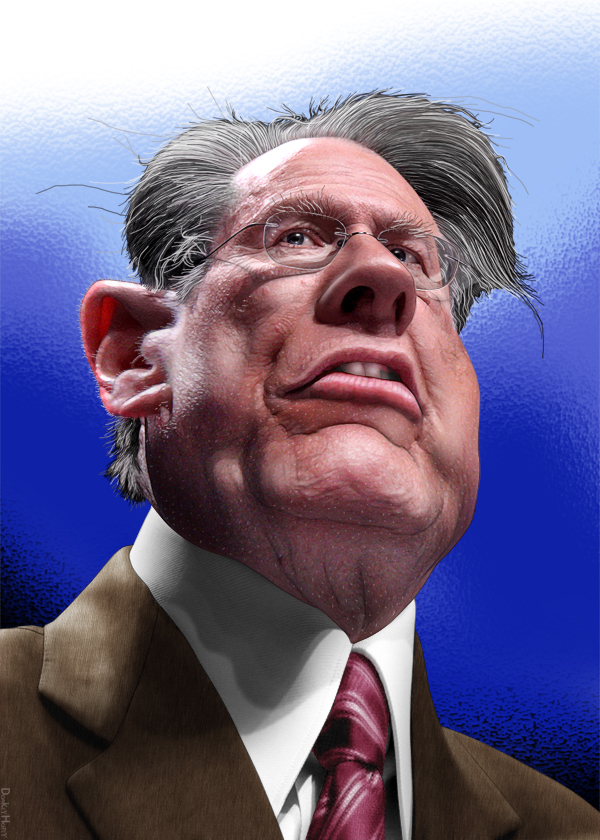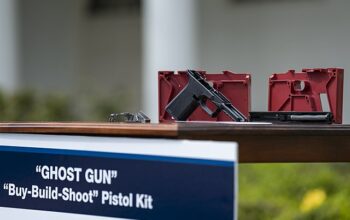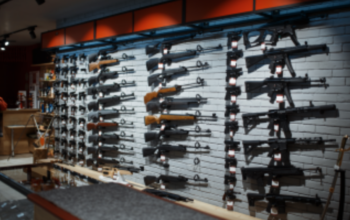In a dramatic closing to a high-stakes legal battle, the New York Attorney General’s office has accused the National Rifle Association (NRA) and its top executives of gross financial misconduct. Monica Connell, representing the Attorney General, likened the alleged misdeeds to being caught “with their hand in the cookie jar,” in her final remarks. The charges allege that tens of millions of dollars of NRA funds were misappropriated by former CEO Wayne LaPierre, former Treasurer Woody Phillips, and current General Counsel John Frazer for personal expenses and opaque deals benefitting associates, with inadequate effort made to conceal or prevent these actions.
In defense, the NRA and its leadership sought to discredit the accusations and the motivations behind them, suggesting the prosecution was driven by a politically motivated vendetta from Attorney General Letitia James. They highlighted efforts to reform past practices and questioned the credibility of the witnesses upon which the prosecution’s case rested, including both current and former NRA insiders.
The legal proceedings have unfolded under the watchful eye of Judge Joel Cohen, who has already made significant rulings, including the dismissal of certain charges against the individual defendants and related-party transaction charges. This has somewhat streamlined the case, though the core allegations of financial impropriety remain under consideration by the jury. Judge Cohen emphasized the importance of focusing on the current charges, signaling a complex deliberation process ahead for the jurors.
Central to the jury’s decision is distinguishing between mismanagement and outright malfeasance, a determination that requires navigating a labyrinth of contested expenses and organizational decisions. The jurors have been tasked with evaluating the veracity and impact of various questioned expenditures and internal efforts purportedly aimed at rectification of the NRA’s financial governance.
During closing arguments, defense attorneys made emotional appeals for their clients, stressing the good faith and diligent effort they claim characterized the actions of the NRA and its officials in response to past mistakes. Representing Frazer, Bill Fleming highlighted his client’s commitment to compliance and the personal stakes of the trial’s outcome, asking jurors to consider the reputational consequences of their decision.
As the trial concludes, the jury’s verdict will not only determine the personal liability of high-ranking NRA officials but also shape the future of the United States’ largest gun rights advocacy group. The outcome could entail significant financial restitution and impose new oversight mechanisms on the organization, marking a pivotal moment in the ongoing debate over gun rights and regulatory oversight in America.
















